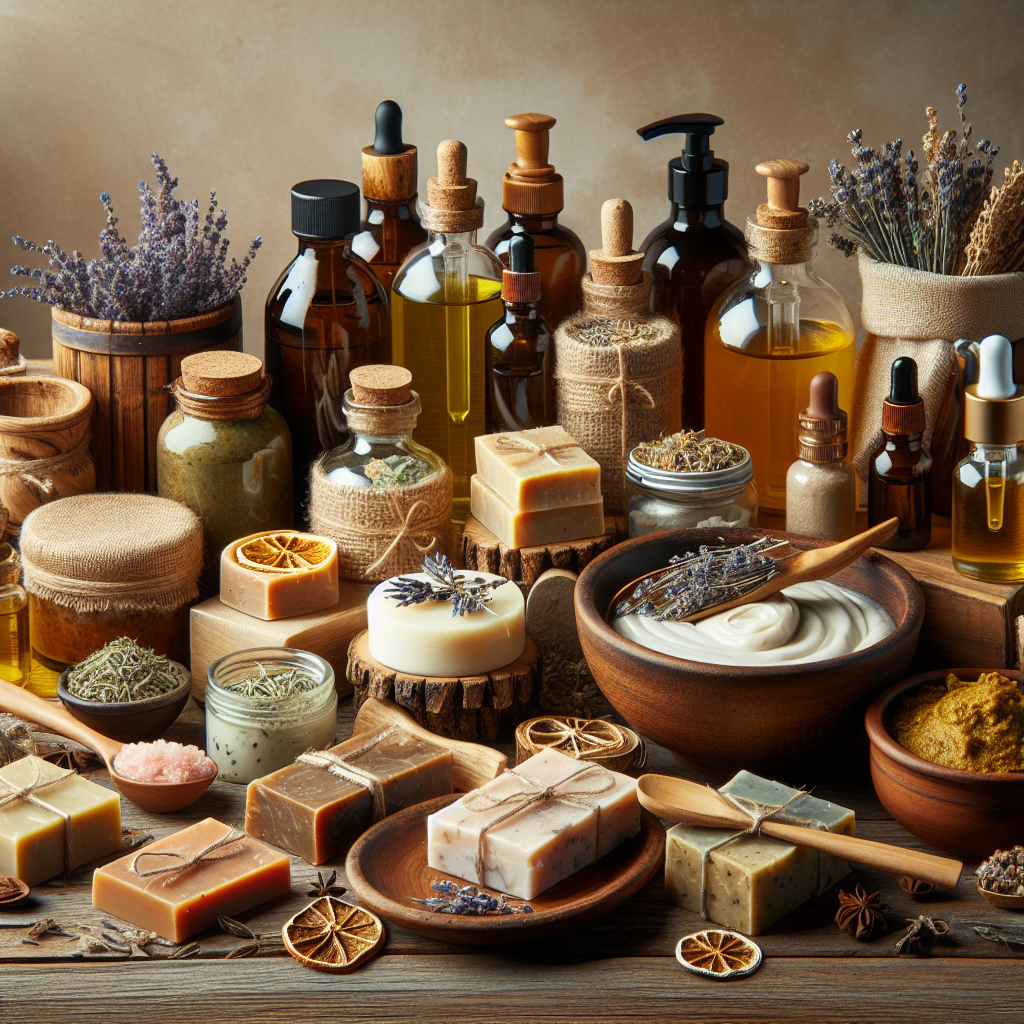As our largest organ, the skin is an incredible feat of nature, not just a protective barrier but also a reflection of our overall health and well-being. Over time, factors such as aging, environmental stressors, and lifestyle choices can take a toll on skin elasticity, leaving many to wonder how to reclaim the supple, resilient skin of their youth. In this comprehensive guide, we’ll explore natural remedies that can help improve skin elasticity, drawing from sources that underscore the importance of a holistic approach to skin health.
Understanding Skin Elasticity
Before diving into remedies, it’s critical to understand what skin elasticity is and why it matters. Elasticity refers to the skin’s ability to stretch and snap back to its original state. This property is largely due to two proteins: collagen and elastin. As we age, our bodies produce less of these proteins, leading to wrinkles and sagging.
Environmental factors such as UV radiation and pollution can exacerbate this process, as can lifestyle factors like poor diet, smoking, and stress. To combat these effects, it’s essential to adopt a multi-faceted approach encompassing diet, skincare, and overall health practices.
Hydration: The Foundation of Elastic Skin
One of the simplest yet most effective ways to maintain skin elasticity is proper hydration. Drinking enough water ensures that nutrients are delivered to skin cells effectively, and toxins are flushed out. Adequately hydrated skin is plumper, which can reduce the appearance of fine lines and sagging.
For a deeper understanding of this, consider reading Optimizing Skin Health with Proper Hydration, which delves into the relationship between water intake and skin condition.
Nutrition: Building Blocks for Firm Skin
The foods we eat play a crucial role in skin health. Nutrients like vitamins A, C, and E, as well as omega-3 fatty acids, are particularly important for maintaining skin elasticity. These nutrients can be found in a variety of foods, including leafy greens, fatty fish, nuts, and seeds.
For further insight into the necessary nutrients for healthy skin, the article Essential Nutrients for Healthy Skin Function offers a detailed breakdown.
Natural Skincare Ingredients
Many natural ingredients can support skin elasticity. Aloe vera, for example, is known for its healing properties and ability to increase collagen production. Similarly, products that contain hyaluronic acid, which can hold up to 1000 times its weight in water, can help to hydrate and plump the skin.
To explore the advantages of natural over synthetic skincare, the article Advantages of Natural Skin Care Products Over Chemical-Based Products provides compelling reasons to choose natural options.
Stress Reduction Techniques
Chronic stress can lead to increased cortisol levels, which may break down collagen and elastin in the skin. Practices such as yoga, meditation, and mindfulness can help manage stress levels, preserving skin elasticity.
The relationship between stress and skin health is detailed in Strategies for Reducing Stress to Improve Skin Health, offering strategies to enhance both mental and skin health.
External Resources for Enhanced Knowledge
- For an in-depth look at the impact of diet on skin health, the American Academy of Dermatology Association provides resources discussing the link between nutrition and skin condition.
- Research on the benefits of specific vitamins for the skin, particularly vitamin C, is available through the National Institutes of Health, which offers a comprehensive study on its role in skin health.
- Detailed information on the benefits of omega-3 fatty acids for the skin can be found at the Linus Pauling Institute at Oregon State University.
Practical Tips for Improving Skin Elasticity
Incorporate Facial Massage
Facial massage can improve blood circulation, which in turn can encourage the production of collagen and elastin. Regular facial massage, possibly incorporating techniques from Facial Massage Techniques for Enhancing Skin Vitality, can be a relaxing and effective addition to a skincare routine.
Exercise Regularly
Exercise increases blood flow, which helps nourish skin cells. It can also help reduce stress and improve overall health, which can have a positive effect on skin elasticity. For those looking to integrate fitness into their routine, Fitness offers valuable health-related content.
Avoid Harmful Practices
Smoking, excessive alcohol consumption, and neglecting sunscreen can all harm the skin’s elasticity. By avoiding these behaviors and protecting the skin from UV rays, you can preserve its youthful appearance.
Use High-Quality Skincare Products
Invest in skincare products with ingredients that support skin elasticity, such as retinoids, peptides, and antioxidants. These can help stimulate collagen production and protect the skin from environmental damage.
Conclusion
Improving skin elasticity naturally is a holistic endeavor that encompasses lifestyle, diet, and skincare practices. By staying hydrated, eating nutrient-rich foods, managing stress, and using natural skincare ingredients, you can support your skin’s health and elasticity. Remember to explore the resources provided to deepen your understanding and to consult with a healthcare professional for personalized advice. With dedication and the right knowledge, you can help maintain the youthfulness and resilience of your skin for years to come.



